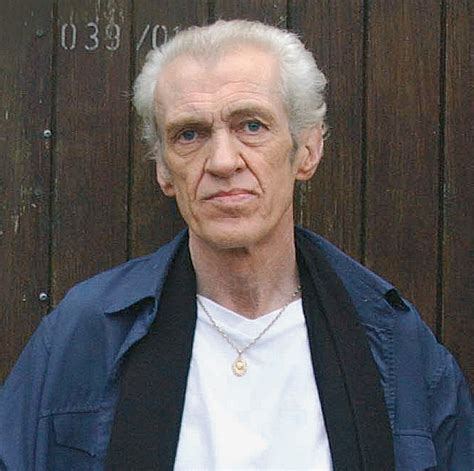A Quote by Francoise Sagan
I have loved to the point of madness; That which is called madness, That which to me, Is the only sensible way to love.
Related Quotes
The constitution of madness as a mental illness, at the end of the eighteenth century, affords the evidence of a broken dialogue, posits the separation as already effected, and thrusts into oblivion all those stammered, imperfect words without fixed syntax in which the exchange between madness and reason was made. The language of psychiatry, which is a monologue of reason about madness, has been established only on the basis of such a silence.
Madness, provided it comes as the gift of heaven, is the channel by which we receive the greatest blessings... the men of old who gave things their names saw no disgrace or reproach in madness; otherwise they would not have connected it with the name of the noblest of arts, the art of discerning the future, and called it the manic art... So, according to the evidence provided by our ancestors, madness is a nobler thing than sober sense... madness comes from God, whereas sober sense is merely human.
In the Middle Ages and the Renaissance, man's dispute with madness was dramatic debate in which he confronted the secret powers of the world; the experience of madness was clouded by images of the Fall and the Will of God, of the Beast and the Metamorphosis, and of all the marvelous secrets of Knowledge





































